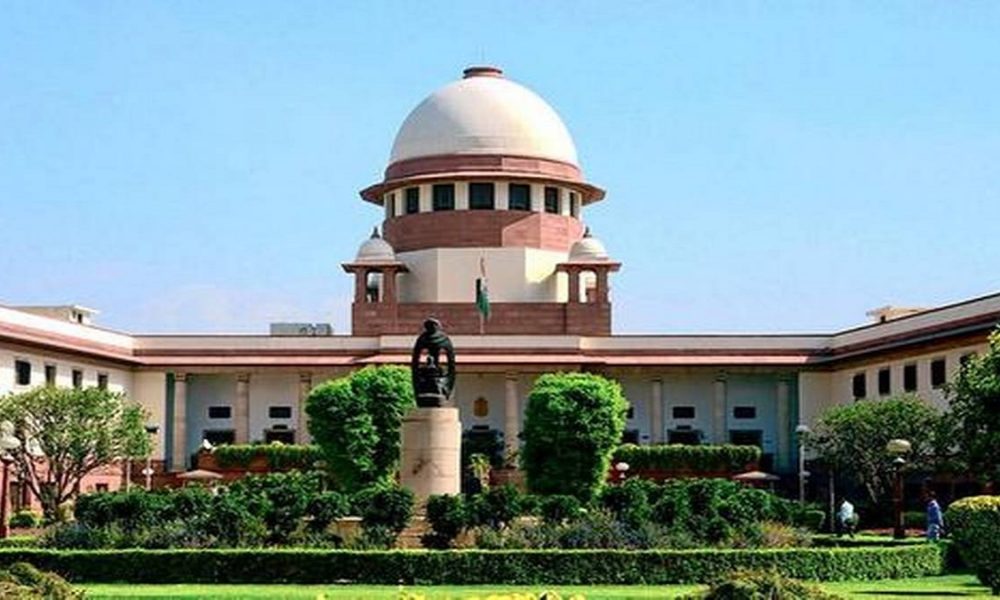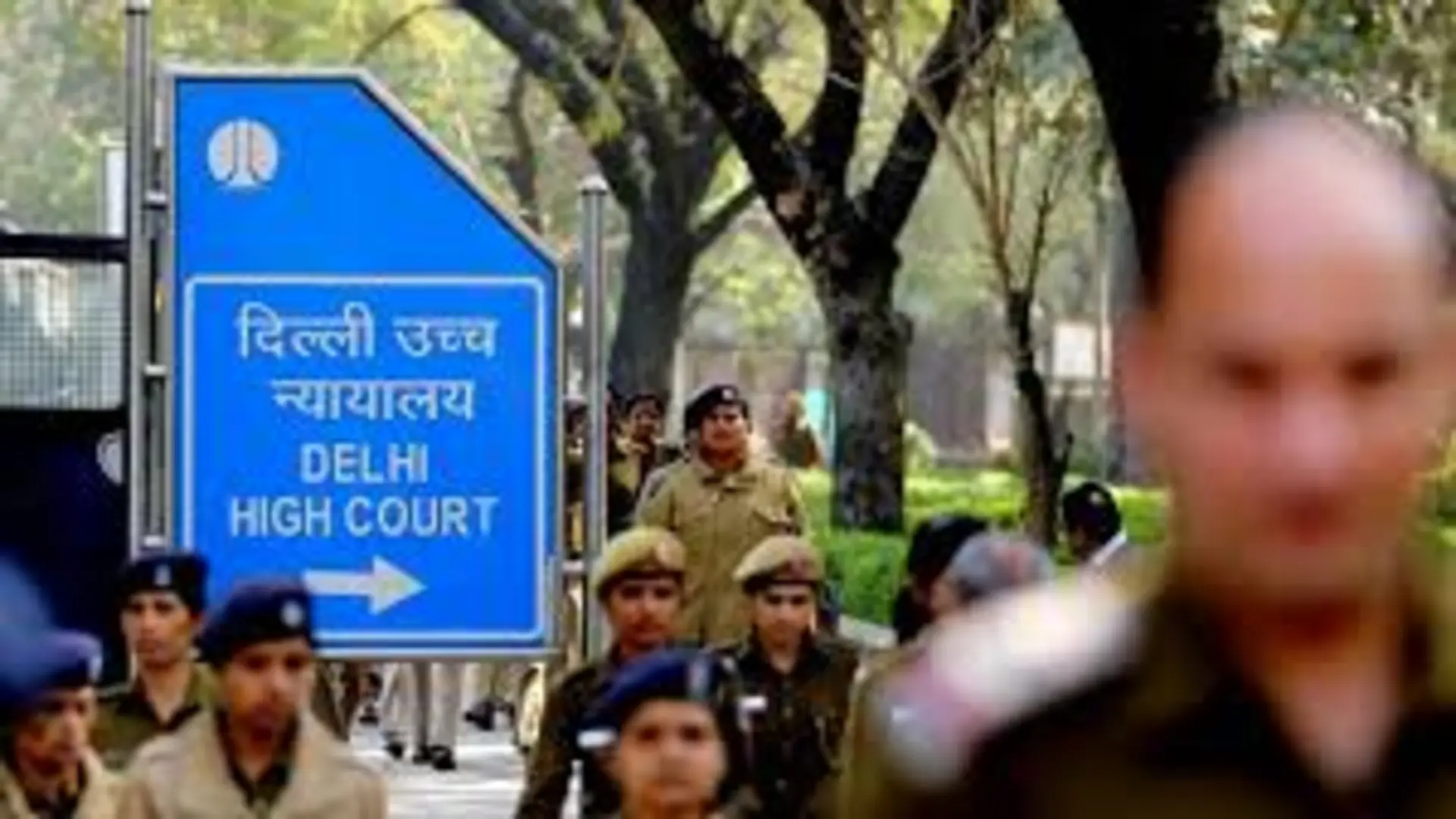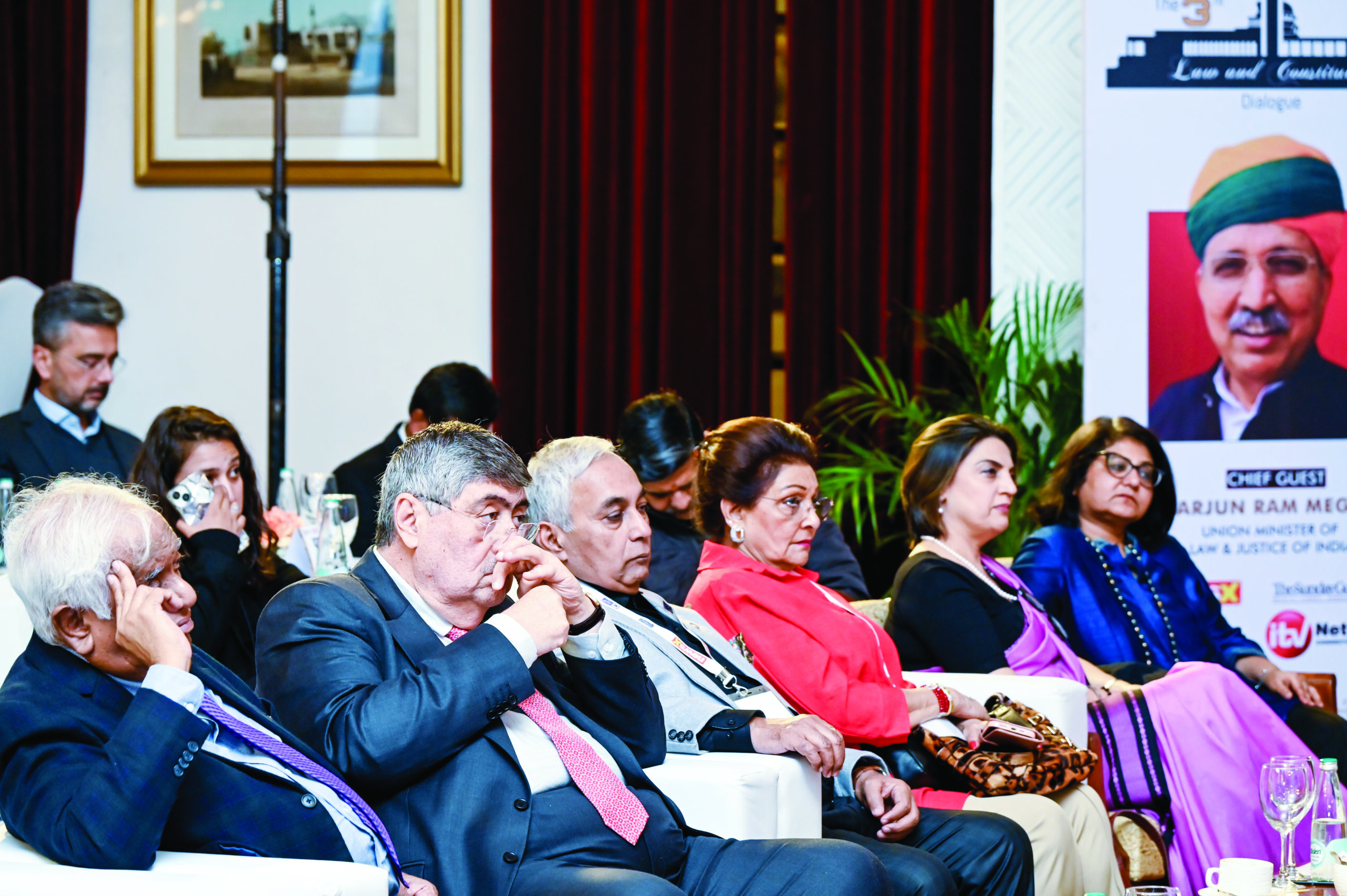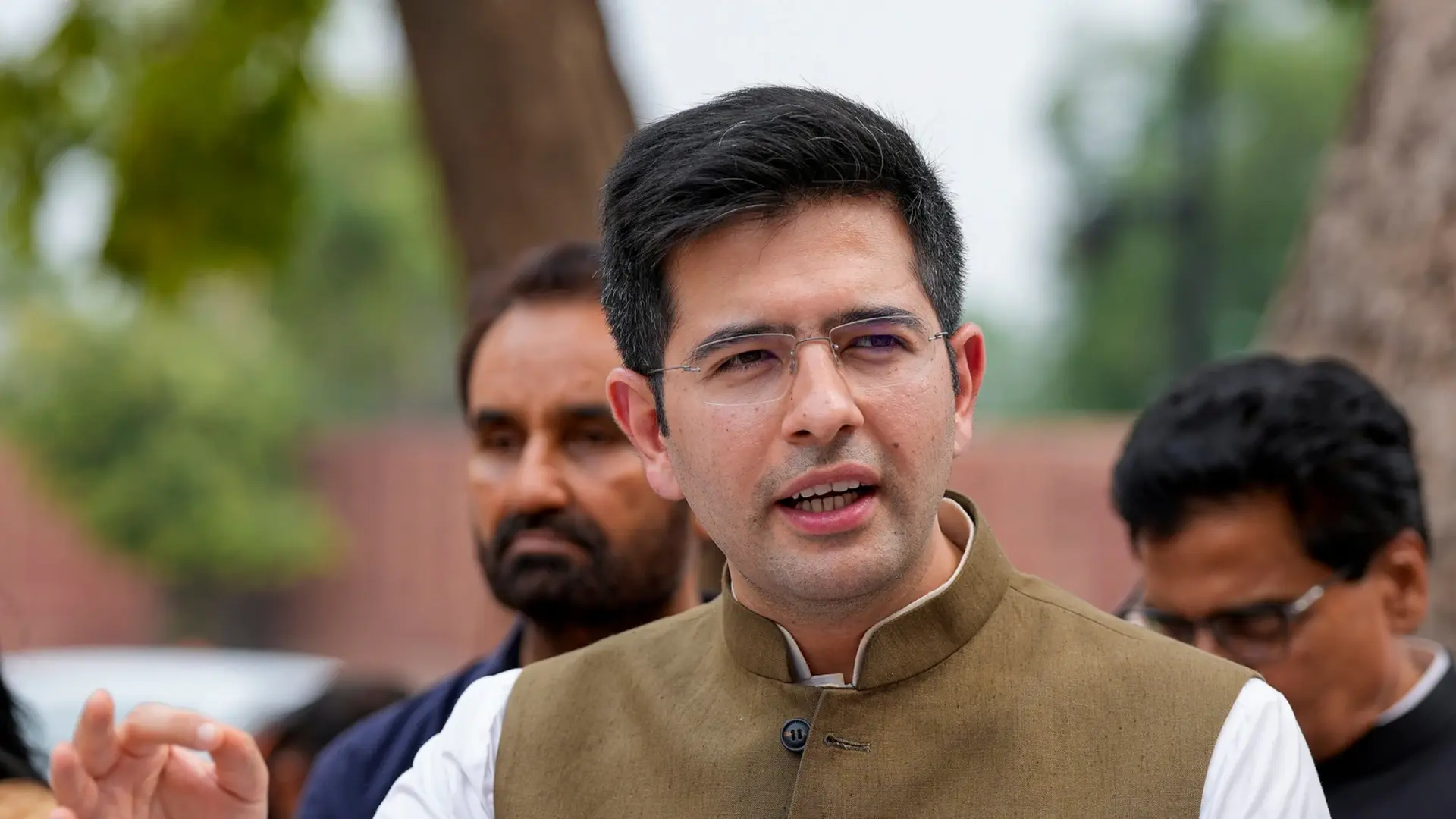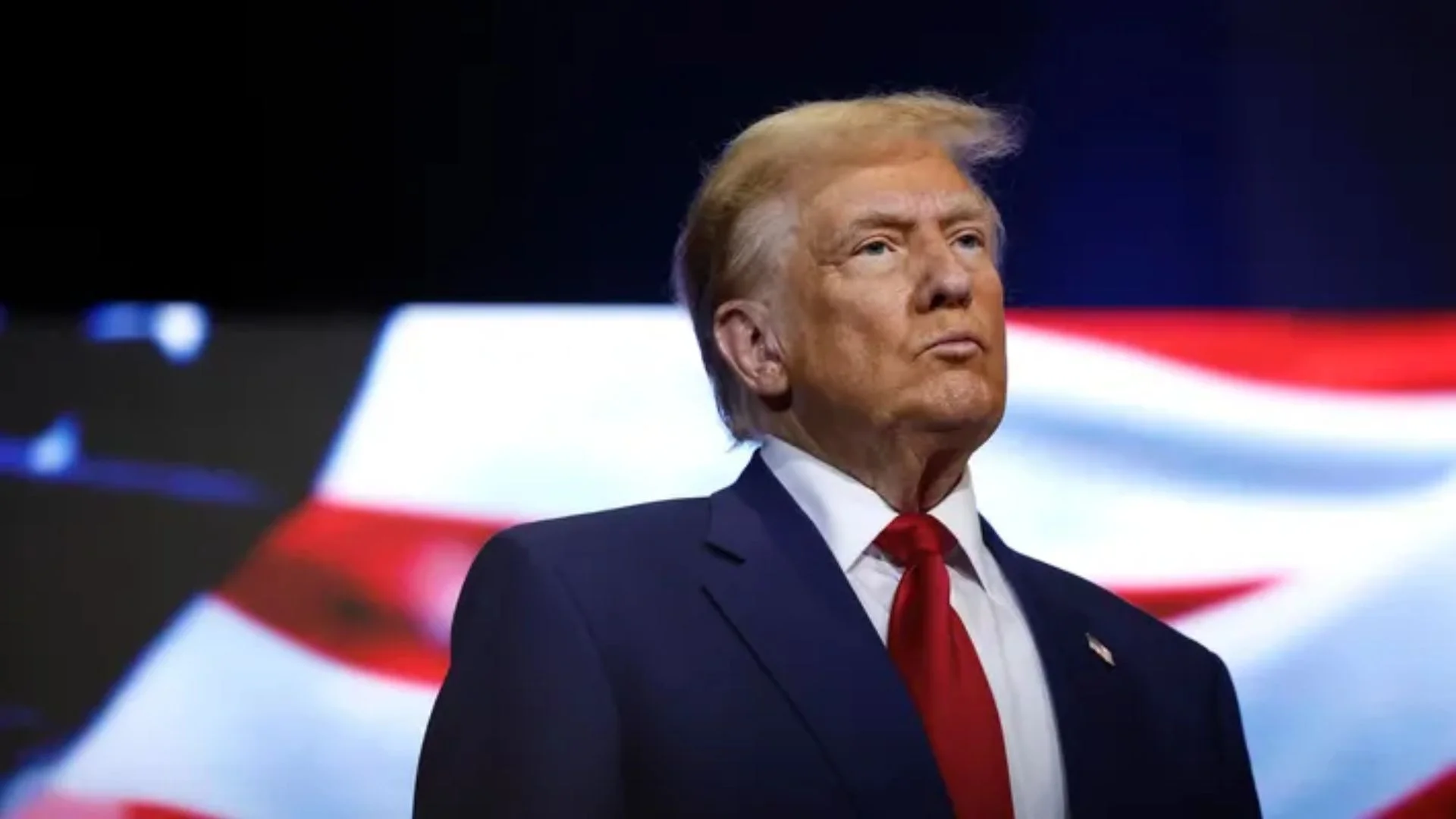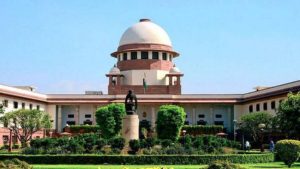The Supreme Court of India has pronounced numerous judgments from January, 2021 to May, 2021. In this write-up, some of the important pronouncements are briefly discussed.
BHAVEN CONSTRUCTION V. EXECUTIVE ENGINEER SARDAR SAROVAR NARMADA NIGAM LTD. & ANR., CIVIL APPEAL NO. 14665 OF 2015
A Bench of Justices N.V. Ramana, Surya Kant and Hrishikesh Roy observed that it is prudent for a Judge to not exercise discretion to allow judicial interference beyond the procedure established under an enactment. The Bench held that the power of the High Courts under Article 226 and 227 of the Constitution of India to interfere with an arbitration process needs to be exercised in exceptional rarity, wherein one party is left remediless under the statute or a clear bad faith is shown by one of the parties. The high standard set by the Court is in terms of the legislative intention to make the arbitration fair and efficient. The Bench also set aside the judgment of Gujarat High Court by allowing a writ petition challenging the jurisdiction of the arbitrator.
CHINTELS INDIA LTD. V. BHAYANA BUILDERS PVT. LTD., CIVIL APPEAL NO. 4028 OF 2020
A Bench of Justices R. F. Nariman, Navin Sinha and K.M. Joseph held that an appeal under section 37(1) (c) of the Arbitration Act, 1996 would be maintainable against an order refusing to condone delay in filing an application under section 34 of the Arbitration Act, 1996 to set aside an award. The Bench observed that it is important to note that the expression “setting aside or refusing to set aside an arbitral award” does not stand by itself. The expression has to be read with the expression that follows “under section 34”. Section 34 is not limited to grounds being made out under section 34 (2) and a literal reading of the provision would show that a refusal to set aside an arbitral award as delay has not been condoned under sub-section (3) of section 34 would certainly fall within section 37(1)(c).
LAXMIBAI CHANDARAGI & ANR. V. THE STATE OF KARNATAKA & ORS., WRIT PETITION CRIMINAL NO. 359/2020.
A Bench of Justices Sanjay Kishan Kaul and Hrishikesh Roy observed that educated younger boys and girls are choosing their life partners which in turn is a departure from the earlier norms of society where caste and community play a major role. This is the way forward where caste and community tensions will reduce by such inter marriage but these youngsters face threats from the elders and the Courts have been coming to the aid of these youngsters. The consent of the family or the community or the clan is not necessary once the two adult individuals agree to enter into a wedlock and that their consent has to be piously given primacy. The choice of an individual is an inextricable part of dignity, for dignity cannot be thought of where there is erosion of choice. Such a right or choice is not is not expected to succumb to the concept of class honour or group thinking.
COMPACK ENTERPRISES INDIA (P) LTD. V. BEANT SINGH, SPECIAL LEAVE PETITION (CIVIL) NOS. 22242225 OF 2021
A Bench of Justices Mohan M. Shantanagoudar and Vineet Saran reiterated that a consent decree would not serve as an estoppel, where the compromise was vitiated by fraud, misrepresentation, or mistake. The Bench held that in the exercise of its inherent powers it may also unilaterally rectify a consent decree suffering from clerical or arithmetical errors, so as to make it conform with the terms of the compromise. The Bench observed that it has to be cautious in exercising the inherent power to interfere in the consent decree, except where there is any exceptional or glaring error apparent on the face of the record.
RACHNA & ORS. V. UNION OF INDIA & ANR., WRIT PETITION (CIVIL) NO(S). 1410 OF 2020
A Bench of Justices A.M. Khanwilkar, Indu Malhotra and Ajay Rastogi reiterated that policy decisions are open for judicial review for a very limited purpose and the Supreme Court can interfere into the realm of public policy so framed if it is either absolutely capricious, totally arbitrary or not informed of reasons. The Bench observed that judicial review of a policy decision and to issue mandamus to frame policy in a particular manner are absolutely different. It is within the realm of the executive to take a policy decision based on the prevailing circumstances for better administration and in meeting out the exigencies but at the same time, it is not within the domain of the Courts to legislate. The Courts do interpret the laws and in such an interpretation, certain creative process is involved. The Courts have the jurisdiction to declare the law as unconstitutional. The Court is called upon to consider the validity of a policy decision only when a challenge is made that such policy decision infringes fundamental rights guaranteed by the Constitution or any other statutory right.
APARNA BHAT & ORS. V. STATE OF MADHYA PRADESH & ANR. CRIMINAL APPEAL NO. 329 OF 2021
A Bench of Justices A. M. Khanwilkar and S. Ravindra Bhat observed that using rakhi tying as a condition for bail, transforms a molester into a brother, by a judicial mandate which is wholly unacceptable, and has the effect of diluting and eroding the offence of sexual harassment. The Bench further observed that the act perpetrated on the survivor constitutes an offence in law, is not a minor transgression that can be remedied by way of an apology, rendering community service, tying a rakhi or presenting a gift to the survivor, or even promising to marry her, and, the law criminalizes outraging the modesty of a woman. The Bench also issued a slew of directions in dealing with bail in sexual harassment cases and highlighted the need for sensitivity to be displayed by the judges in such cases. Some of the guidelines issued by the Bench were – bail conditions should not mandate, require or permit contact between the accused and the victim, such conditions should seek to protect the complainant from any further harassment by the accused; where circumstances exist for the court to believe that there might be a potential threat of harassment of the victim, or upon apprehension expressed, after calling for reports from the police, the nature of protection shall be separately considered and appropriate order made, in addition to a direction to the accused not to make any contact with the victim; in all cases where bail is granted, the complainant should immediately be informed that the accused has been granted bail and copy of the bail order made over to him/her within two days; bail conditions and orders should avoid reflecting stereotypical or patriarchal notions about women and their place in society, and must strictly be in accordance with the requirements of the Cr. PC, in other words, discussion about the dress, behaviour, or past conduct or morals of the prosecutrix, should not enter the verdict granting bail; the courts while adjudicating cases involving gender related crimes, should not suggest or entertain any notions or encourage any steps towards compromises between the prosecutrix and the accused to get married, suggest or mandate mediation between the accused and the survivor, or any form of compromise as it is beyond their powers and jurisdiction; sensitivity should be displayed at all times by judges, who should ensure that there is no traumatization of the prosecutrix, during the proceedings, or anything said during the arguments; judges especially should not use any words, spoken or written, that would undermine or shake the confidence of the survivor in the fairness or impartiality of the court; courts should desist from expressing any stereotype opinion, in words spoken during proceedings, or in the course of a judicial order, to the effect that women are physically weak and need protection, women are incapable of or cannot take decisions on their own, are the head of the household and should take all the decisions relating to family, women should be submissive and obedient according to our culture, good women are sexually chaste, motherhood is the duty and role of every woman, and assumptions to the effect that she wants to be a mother, women should be the ones in charge of their children, their upbringing and care, being alone at night or wearing certain clothes make women responsible for being attacked, a woman consuming alcohol, smoking, etc.
STATE OF GOA & ANR. V. FOUZIYA IMTIAZ SHAIKH & ANR., CIVIL APPEAL NO. 881 OF 2021
A Bench of Justices Rohinton Fali Nariman, B.R. Gavai and Hrishikesh Roy held that the State Election Commissioner has to be a person who is independent of the State Government as he is an important constitutional functionary who is to oversee the entire election process in the state qua panchayats and municipalities. The importance given to the independence of a State Election Commissioner is explicit from the provision for removal from his office made in the proviso to clause (2) of Article 243K. The manner and the ground for his removal from the office has been equated with a Judge of a High Court. Giving an additional charge of such an important and independent constitutional office to an officer who is directly under the control of the State Government is a mockery of the constitutional mandate. The Bench held that all State Election Commissioners appointed under Article 243K in the length and breadth of India have to be independent persons who cannot be persons who are occupying a post or office under the Central or any State Government. The Bench also held that if there are any such persons holding the post of State Election Commissioner in any other state, such persons must be asked forthwith to step down from such office and the State Government concerned be bound to fulfil the constitutional mandate of Article 243K by appointing only independent persons to this high constitutional office.
GOVERNMENT OF MAHARASHTRA (WATER RESOURCES DEPARTMENT) V. M/S BORSE BROTHERS ENGINEERS & CONTRACTORS PVT. LTD., CIVIL APPEAL NO. 995 OF 2021
A Bench of Justices Rohinton Fali Nariman, B.R. Gavai and Hrishikesh Roy held that the object of speedy disposal sought to be achieved under the Arbitration Act and the Commercial Courts Act, for appeals filed under section 37 of the Arbitration Act that are governed by Articles 116 and 117 of the Limitation Act or section 13 (1A) of the Commercial Courts Act, a delay beyond 90 days, 30 days or 60 days, respectively, is to be condoned by way of exception and not by way of rule. In a fit case in which a party has otherwise acted bona fide and not in a negligent manner, a short delay beyond such period can, in the discretion of the court, be condoned, always bearing in mind that the other side of the picture is that the opposite party may have acquired both in equity and justice, what may now be lost by the first party’s inaction, negligence or laches. The Bench overruled the judgment in N.V. International v. State of Assam, (2020) 2 SCC 109 which held that a delay beyond 120 days for arbitration appeal under section 37 cannot be condoned.
AMWAY INDIA ENTERPRISES PVT. LTD. V. RAVINDRANATH RAO SINDHIA & ANR., CIVIL APPEAL NO. 810 OF 2021
A Bench of Justices Rohinton Fali Nariman and B.R. Gavai held that whatever be the transaction between the parties, if it happens to be entered into between persons, at least one of whom is either a foreign national, or habitually resident in, any country other than India; or by a body corporate which is incorporated in any country other than India; or by the Government of a foreign country, the arbitration becomes an international commercial arbitration notwithstanding the fact that the individual, body corporate, or government of a foreign country carry on business in India through a business office in India.
RAMESH BHAVAN RATHOD V. VISHANBHAI HIRABHAI MAKWANA MAKWANA (KOLI) & ANR., CRIMINAL APPEAL NO 422 OF 2021
A Bench of Dr Dhananjaya Y Chandrachud and M R Shah held that the Court granting bail cannot obviate its duty to apply a judicial mind and to record reasons, brief as they may be, for the purpose of deciding whether or not to grant bail. The consent of parties cannot obviate the duty of the High Court to indicate its reasons why it has either granted or refused bail. This is for the reason that the outcome of the application has a significant bearing on the liberty of the accused on one hand as well as the public interest in the due enforcement of criminal justice on the other. The rights of the victims and their families are at stake as well. These are not matters involving the private rights of two individual parties, as in a civil proceeding. The proper enforcement of criminal law is a matter of public interest. The Bench observed that grant of bail under Section 439 of the CrPC is a matter involving the exercise of judicial discretion. Judicial discretion in granting or refusing bail as in the case of any other discretion which is vested in a court as a judicial institution is not unstructured. The duty to record reasons is a significant safeguard which ensures that the discretion which is entrusted to the court is exercised in a judicious manner. The recording of reasons in a judicial order ensures that the thought process underlying the order is subject to scrutiny and that it meets objective standards of reason and justice.
DR. JAISHRI LAXMANRAO PATIL V. THE CHIEF MINISTER & ORS. CIVIL APPEAL NO. 3123 OF 2020
A Constitution Bench of the Supreme Court comprising Justices Ashok Bhushan, S.A. Nazeer, L. Nageswara Rao, Hemant Gupta and S. Ravindra Bhat, while striking down the Maratha quota, held there were no exceptional circumstances justifying the grant of reservation to Marathas in excess of 50% ceiling limit as a socially and economically backward class. The Bench also held that there was no need to revisit the 50% ceiling limit on reservation laid down by the 9-judge bench decision in Indra Sawhney v. Union of India, 1992 Suppl. (3) SCC 217. The Bench observed that neither the Gaikwad Commission nor the High Court have made out any situation for exceeding the ceiling of 50% reservation for the Marathas.
GAUTAM NAVLAKHA V. NATIONAL INVESTIGATION AGENCY, CRIMINAL APPEAL NO.510 OF 2021
A Bench of Justices Uday Umesh Lalit and K.M. Joseph held that custody under Section 167 CrPC has been understood as police custody and judicial custody, with judicial custody being conflated to jail custody ordinarily. The concept of house arrest as part of custody under Section 167 has not engaged the courts, however, when the issue has come into focus, and noticing its ingredients, it involves custody which falls under Section 167. The Bench observed that under Section 167 in appropriate cases, it will be open to courts to order house arrest as well. The Bench observed that in order to house arrest a person, courts can consider criteria like age, health condition and the antecedents of the accused, the nature of the crime, the need for other forms of custody and the ability to enforce the terms of the house arrest.

